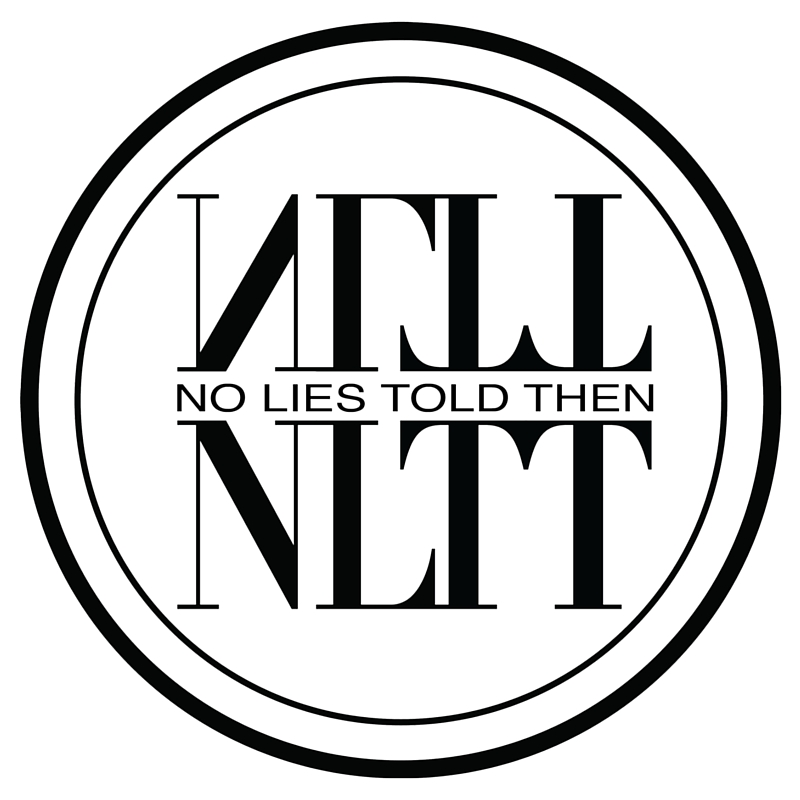For avid readers like myself, there comes a time when you read a book that introduces you to yourself. It feels as if, with each page, the author reveals a new side of you. All of your hidden layers are slowly revealed—layers you thought that no one would see.
In my junior year of high school, I was introduced to the novel Their Eyes Were Watching God by Zora Neale Hurston. Hurston’s novel tells the story of Janie Crawford, a black woman discovering her independence and strength in her small community in Florida. I have never visited Florida, let alone grown up in the state, but Janie’s story felt very much like my own. A black girl becoming a black woman who learns how to be free in a society that frowns upon her blackness and femininity. Hurston’s novel was the first time I saw a black woman shown as complex and fully human in literature.
The biggest lie black women have been told about their womanhood is that they are not the authors of their own stories. When black women’s stories come from the mouths of others, they take on many forms. We are the women who suffer cycles of abuse, but we still somehow maintain smiles on our faces. We are the loud and nagging partners that are incapable of being wifey material. We are the spunky sidekick to our non-black friends that somehow never get our day in the sunshine.
These narratives are often told as tragedies that always end with us remaining independent and strong, despite being dehumanized. If our life was a book, our perceived strength would be the tattered, torn and stained cover that binds a compelling story. In many ways, the binding tells a greater story than the pages.
The problem with other people telling our stories is that they only share one chapter. Living in this world as a black woman is a unique experience. We are often imitated yet constantly undervalued. We are undervalued by black men, by people of other races, and sometimes by our very own sisters. Historically, our narratives have been stained with tragedy—some imagined, some real.
Much of what we see in daily life revolves around sharing one chapter of our story. However, black women have chapters upon chapters about our lives. There is loss but there is also love; there is strength but there is also weakness. I have been incredibly guilty of believing I can only have one narrative. As I have grown older, I have become dedicated to authentically stating who I truly am. For the longest time, I became comfortable with viewing myself as the child of single mother who grew up in a white area that never really accepted me. While this narrative is true, I have so many other stories to tell.
I am an accomplished college graduate that finished with honors and distinction, I am a lifelong advocate for those affected by cancer, I am a hopeless romantic who tends to form crushes quickly, I am a badass baker that can make a mean batch of chocolate chip cookies, I am an adventurer that loves to hammock in peaceful places that allow me to reflect, I am a closeted goth that loves watching The Addams Family and listening to The Smiths, and, above all, I am so much more than people expect from me. I am a complex black woman.
When people ask me what I want for myself in the future, I say, “To be free.” Folks are usually puzzled when I make this statement. To me, it seems so simple. I want to live each day in a way that allows me to be at peace with how my life exists. Of course, racism, sexism, classism, and other forms of oppression will continue to threaten my joy for as long as I am alive. It would be foolish for me to believe that each day would be like a Corinne Bailey Rae video. Be that as it may, my quest to live as a free black woman continues to be a revolutionary act.
Every day the world tries to tell me that I don’t matter but I am still grateful to be a black woman. Each of us represent a different story that deserves to be heard. Our freedom exists in our ability to be our own storytellers and to continue to show the world what we already know to be true: we are complex and beautifully divine beings that have an awe-inspiring human experience.
As I’ve grown older, I realize how important Zora Neale Hurston is to my growth as a black woman. While many black writers of the Harlem Renaissance wanted to focus on the struggle that is the black experience, she decided to focus on our full experience. She once stated, “I am not tragically colored. There is no great sorrow dammed up in my soul, nor lurking behind my eyes. I do not mind at all.”
Too often, the struggles of black women become romanticized or exploited. Our struggle is ugly but our spirit is beauty. Every day when I wake up, I remind myself that it’s my duty as a storyteller to show the world another example of how brightly black women shine. Much like Janie, I am able to recognize my struggle and still enjoy the sunshine.


